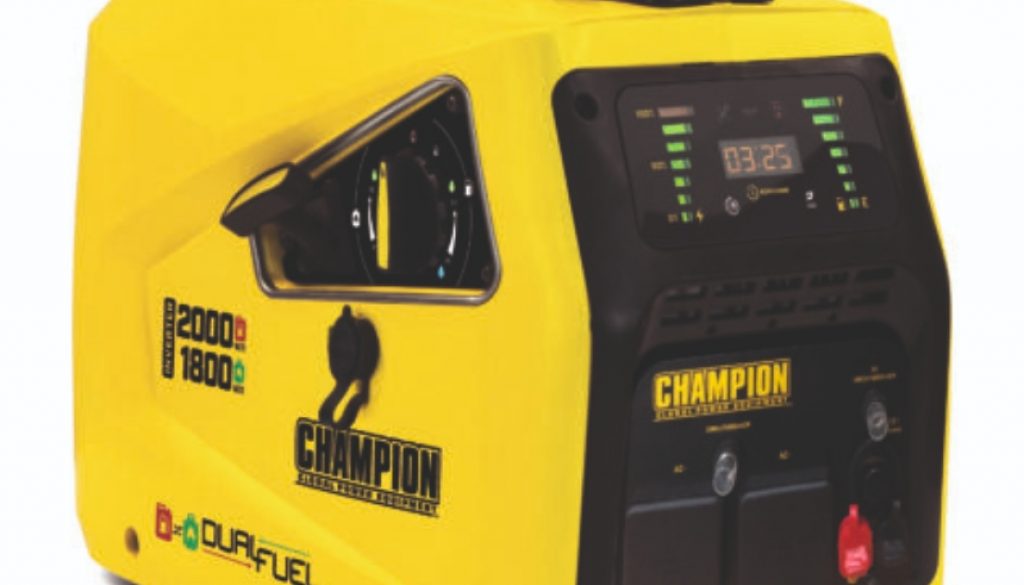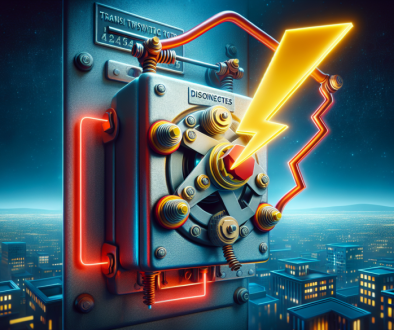Generator VS Inverter: What’s The Difference?
You’re in the market for a new generator. Either you have an old one that needs replacing, or you are purchasing a generator for the first time. With an enormous amount of information and a wide array of choices for an off-grid power supply, it helps to know some of the basics so you can make an informed choice.
One of the issues that people looking to buy a generator have is knowing the difference between a generator and an inverter generator. Two of the most common questions we are asked by our new customers are ‘what is an inverter generator?’ and ‘what is the difference between a generator and an inverter generator?’.
Although we’re always happy to help, and happier to talk about generators all day long, we thought we’d lay out the facts so that you can have all the information regarding generators vs inverter generators in one place to help you make your purchasing decision.
How Does An Inverter Work?
An inverter generator uses an alternator to produce AC, or Alternating Current, power. So far, this is the same as how a generator works. But, here is the key difference between a generator and an inverter generator: an inverter generator uses a rectifier to convert the power from AC to DC, that is direct current, and then inverted (hence the name) back into a cleaner AC power.
The ‘cleaner’ power is more similar to the power that comes into our homes through our plug sockets from the grid.
How Does A Generator Work?
Generators use fuel (petrol, diesel, propane) to run an engine. The engine powers a shaft which turns a rotor in the alternator. This rotor generates power in the stator which then passes into the control panel and out to your appliances, tools etc.
This is how both generators and inverter generators work except that in inverter generators, as explained above, there is an extra step; the current is converted and inverted before it is ready to use.
Generator VS Inverter: Pros & Cons
Power sources of a generator vs an inverter
Both generators and inverter generators are available in dual fuel, propane, diesel and petrol-run models.
The capacity of a generator vs an inverter
The maximum output or power capacity of generators can be much larger than inverter generators. For industrial-scale generators, for a power need that is very high and over long periods, standard generators are the high-capacity option.
The maintenance of a generator vs an inverter
Standard generators are not only cheaper to buy but are also usually cheaper to maintain. This is because there are fewer parts to go wrong in the first place, those parts are generally easy to get hold of and are easy to replace.
However, inverter generators are known to not only run more efficiently, meaning a lower running cost but also have a longer lifespan than a standard generator.
Comparison Chart
| Generator | Inverter Generator | |
| Cost | Usually costs less per KW of output than an inverter. | Initial outlay is often more than a standard generator. |
| Power Output | As well as availability in residential use sizes generators can also provide immense power from 50KW to over 3MW (Megawatts). | Often for residential or small-scale industrial use. Many inverter generators however can be joined together to increase power output. |
| Noise | Often noisier than inverter generators. | Quiet or silent generators are usually inverter generators. |
| Maintenance | Parts are generally cheaper and easier to replace. | Parts can be more costly and more complicated to fix. |
| Fuel efficiency | Less fuel efficient than an inverter generator. | More fuel efficient than standard generators as they automatically adjust according to need. |
Feeling Closer To Making A Decision?
We hope that this article has helped you understand the key differences between inverters and standard generators and that it has helped you on your buyer journey.
Please get in touch if there is anything else we can help you with to make your generator purchase easier.










